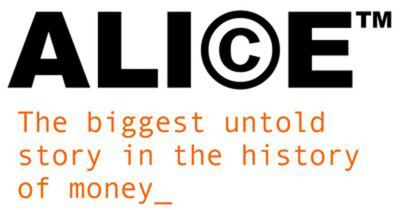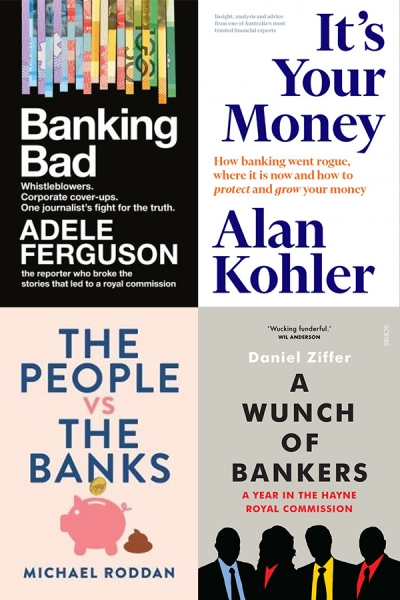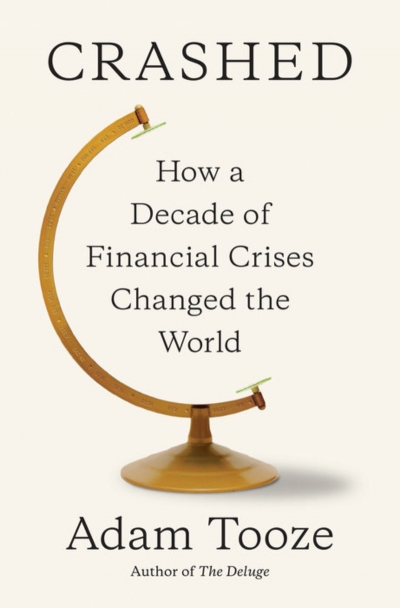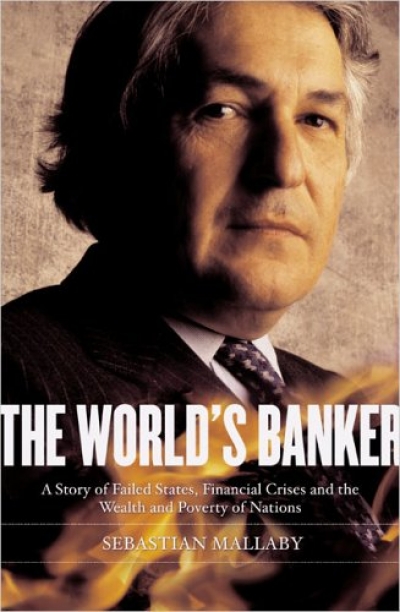Finance
Alice™: The biggest untold story in the history of money by Stuart Kells
by Gideon Haigh •
The Millionaires' Factory: The inside story of how Macquarie became a global giant by Joyce Moullakis and Chris Wright
by Michael Easson •
Bank bashing is an old sport in Australia, older than Federation. In 1910, when Labor became the first party to form a majority government in the new Commonwealth Parliament, they took the Money Power – banks, insurers, financiers – as their arch nemesis. With memories of the 1890s crisis of banking collapses, great strikes, and class conflict still raw, the following year the Fisher government established the Commonwealth Bank of Australia, ‘The People’s Bank’, as a state-owned trading bank offering cheap loans and government-guaranteed deposits to provide stiff competition to the greedy commercial banks gouging its customers.
... (read more)Crashed: How a decade of financial crises changed the world by Adam Tooze
by Rémy Davison •





